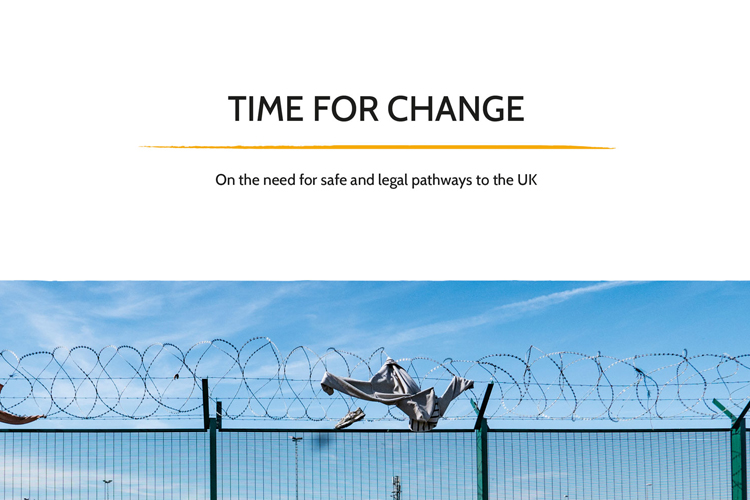
Summary: For too long, the UK’s border control policies restricting access to safe and legal routes and to the UK asylum system have directly contributed to a humanitarian crisis in northern France, as well as increased reliance on dangerous and irregular journeys to reach UK soil. This has come at great financial, human and moral cost. Vulnerable individuals trapped in northern France face violence, abuse, inhumane conditions and regular evictions, while tragic and inexcusable deaths on the Channel are becoming more common. We therefore researched and published a report which makes a succinct case regarding the need for alternatives to the UK Home Office’s current approach seeking to further militarise the sea and land border and enforce expedited returns. The report calls on the UK to take a more humane and organised approach to asylum claims and protection responsibilities
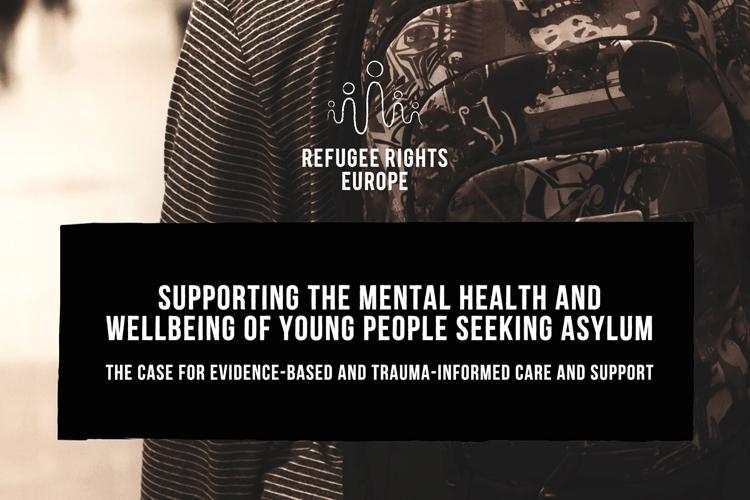
Summary: The high rate of psychological vulnerability and trauma among young displaced people is well-established, commonly caused by compounded traumas from their home countries and migration journeys characterised by painful separations and physical danger. Young people who experience symptoms or run the high risk of developing mental and emotional ill-health, often suffer further exacerbation of their ill-health once they arrive in the European country where they seek asylum. This report offers a situational analysis of mental health and wellbeing among unaccompanied minors and 18–25-year-olds, drawing on an in-depth desk review, alongside first-hand interviews with young people seeking asylum in the UK and their support workers.
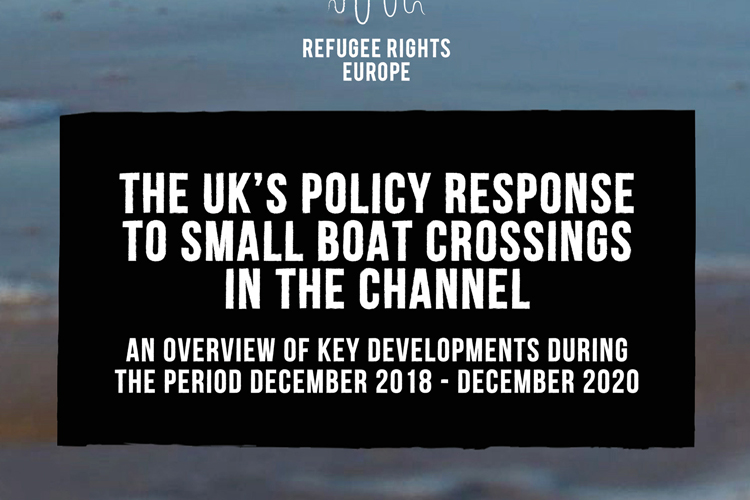
Summary: Over recent years, and particularly in 2020, there has been an increased political and media frenzy regarding an increase in small boat crossings across the English Channel. Despite the broad media coverage of this issue, however, the primary policy response from the UK government has appeared woefully uninformed and short-sighted. This report presents a brief timeline of key aspects of the UK government’s policy response to small boat crossings, between December 2018 when the issue first started to become increasingly covered by media outlets, and December 2020, when Britain officially exited the European Union. It summarises key developments in terms of this migratory route and the corresponding UK governmental response.
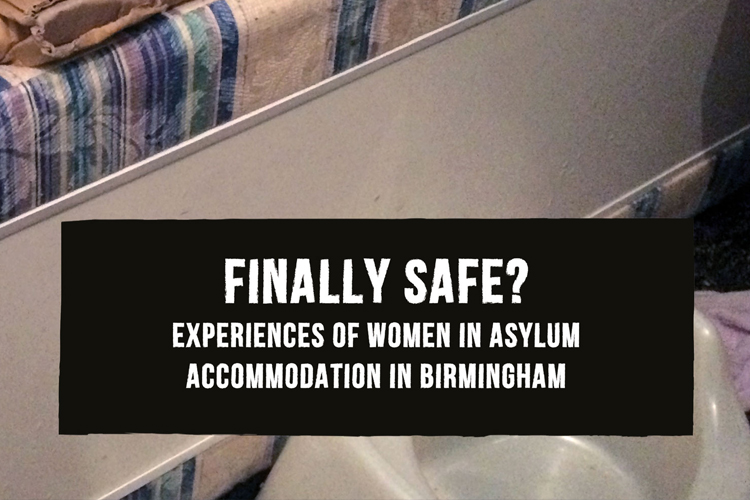
Summary: Within the context of the Home Office re-tendering process for asylum accommodation contracts, Refugee Rights Europe, in collaboration with MEENA Centre for Women and Children and the Baobab Project in Birmingham, set out to investigate asylum accommodation provision for asylum-seeking women in Britain. The report is based on 34 surveys and ten open-ended discussions with asylum-seeking and refugee women at the Meena Centre for Women in Birmingham, and lays bare the fact that much remains to be done by the Home Office and its contractors in order to ensure safe, hygienic and dignified housing for asylum-seekers in Britain.
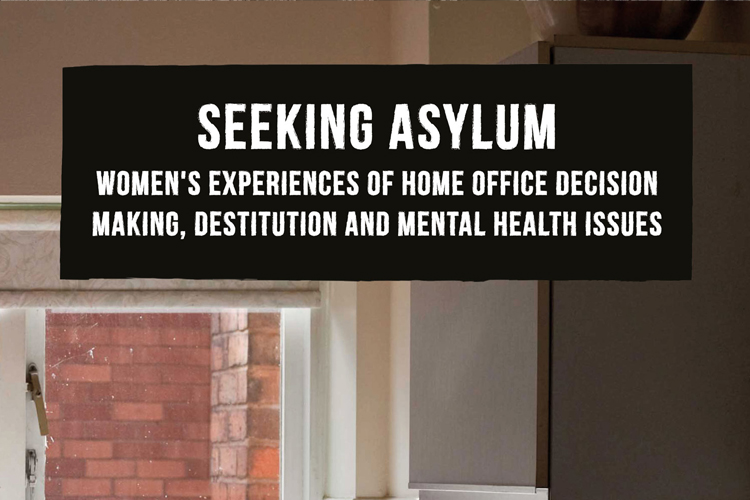
Summary: The report ‘Seeking Asylum’ was compiled in early 2019 by the Baobab Women’s Project, CARAG, Women with Hope, MEENA Centre for Women and Children, Coventry Migrant Women’s Houses and Refugee Rights Europe. The report specifically highlights the shortcomings in the UK’s fulfilment of the Convention on the Elimination of all Forms of Discrimination Against Women (CEDAW). The research findings, which are centered on inadequate Home Office procedures, destitution, mental health, and violence, call for urgent redress by the UK Government. The report authors argue that there is a moral and legal obligation to ensure that all women, irrespective of immigration status, can access the rights and freedoms set forth within international human rights law.
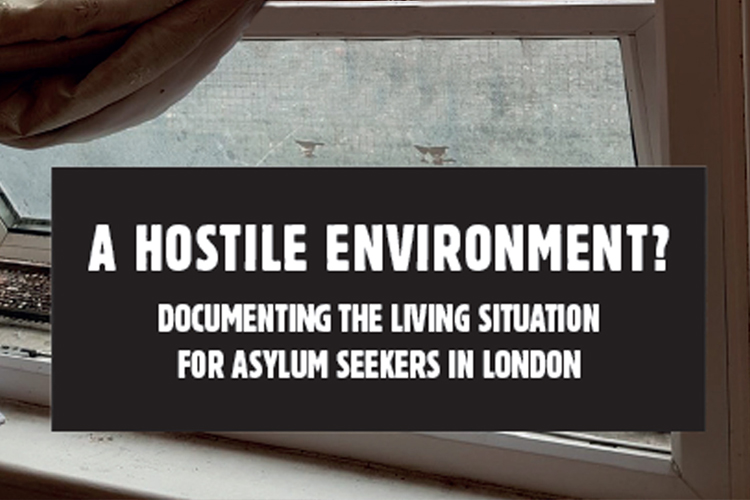
Summary: British asylum accommodation has been heavily criticised for its living standards over the past few years. In 2012, the British Home Office made a decision to switch contractual provision of asylum housing from a number of smaller providers to six regional contracts. It would be run by private companies, with little to no previous experience administrating asylum accommodation. In this context, Refugee Rights Europe set out to investigate and document the situation of asylum accommodation in one of the main asylum seeker accommodation centres in London, on 13-15 January 2018. The research findings are based on interviews with 33 individuals, and are outlined in this report.
